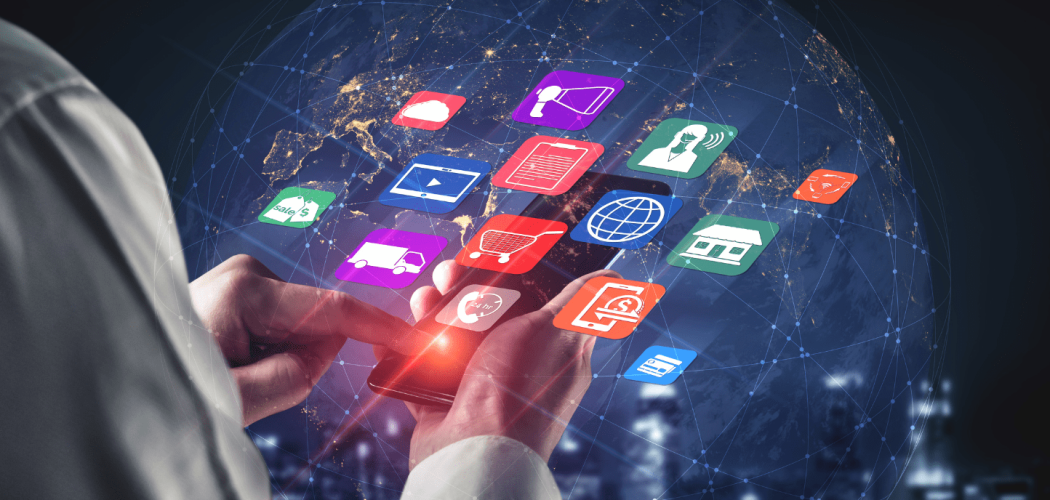
How ERP Systems Transform E-commerce: Black Friday Readiness
As Black Friday 2023 looms, the quest for unparalleled customer experiences intensifies. This involves a crucial player behind the scenes: ERP systems. In this blog, we'll explore how ERP systems team up with e-commerce platforms, making online shopping smoother and more satisfying for customers.
ERP: The Backbone of E-Commerce
Consider ERP Systems as the central command hubs for modern businesses, integrating and streamlining various operations, including finance, inventory, supply chain, and more. When it comes to e-commerce, ERP becomes the nerve center that ensures everything runs smoothly.
1.Inventory Management: Managing inventory efficiently is one of the paramount challenges for e-commerce businesses. Without proper inventory control, companies can find themselves facing stockouts, overstock situations, and unhappy customers. ERP systems offer a holistic solution by providing real-time visibility into inventory levels. With the ability to track stock levels, locations, and sales patterns, businesses can optimize their inventory, ensuring that popular products are always in stock while minimizing excess inventory costs.
2.Order Fulfillment Optimization: Prompt order fulfillment is a crucial factor in enhancing customer satisfaction. ERP systems streamline the order-to-shipment process by automating various tasks, such as order processing, picking, packing, and shipping. This automation not only reduces the chances of errors but also expedites the delivery process, ensuring that orders are delivered to customers accurately and on time.
3.Data-Driven Insights: One of the most significant advantages of ERP systems in the e-commerce realm is their ability to provide data-driven insights. These insights can help businesses identify trends, analyze customer behavior, and make informed decisions. For instance, understanding which products are selling well and which are not can guide marketing efforts, leading to better product recommendations and a more personalized shopping experience.
ERP and Customer Experience
Now, let's delve into how ERP systems can directly impact customer experience in the e-commerce world:
1.Seamless Shopping Experience: ERP systems integrate with various e-commerce platforms, ensuring a seamless shopping experience. Customers can easily browse products, check stock availability, and make hassle-free purchases. The integration of ERP with the online storefront minimizes friction in the buying process.
2.Real-time Order Updates: ERP systems, when integrated with e-commerce platforms, enable real-time order updates for customers. This feature ensures that customers are consistently informed about their order status, including processing, fulfillment, and shipping details. Providing real-time visibility instills confidence and reduces uncertainties, enhancing the overall shopping experience.
3.Customer Support Efficiency: ERP systems also enable efficient customer support. With access to order history, customer preferences, and order status, support teams can address customer inquiries more effectively. Quick, accurate responses to customer questions contribute to a positive shopping experience.
In the competitive world of e-commerce, customer experience is king. An ERP system is the essential tool that empowers businesses to provide a streamlined, efficient, and satisfying shopping experience. From managing inventory to optimizing order fulfillment, ERP systems are the secret weapon that will help your e-commerce operations stay ahead of the curve.
Ready to take your online store to the next level? Let's work together to optimize your operations and exceed your customers' expectations. Contact us today to explore how Zillancer's team of ERP experts can help transform your e-commerce platform and boost your customer satisfaction.







